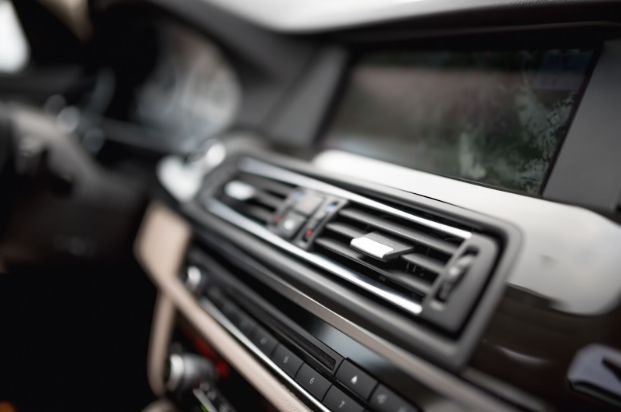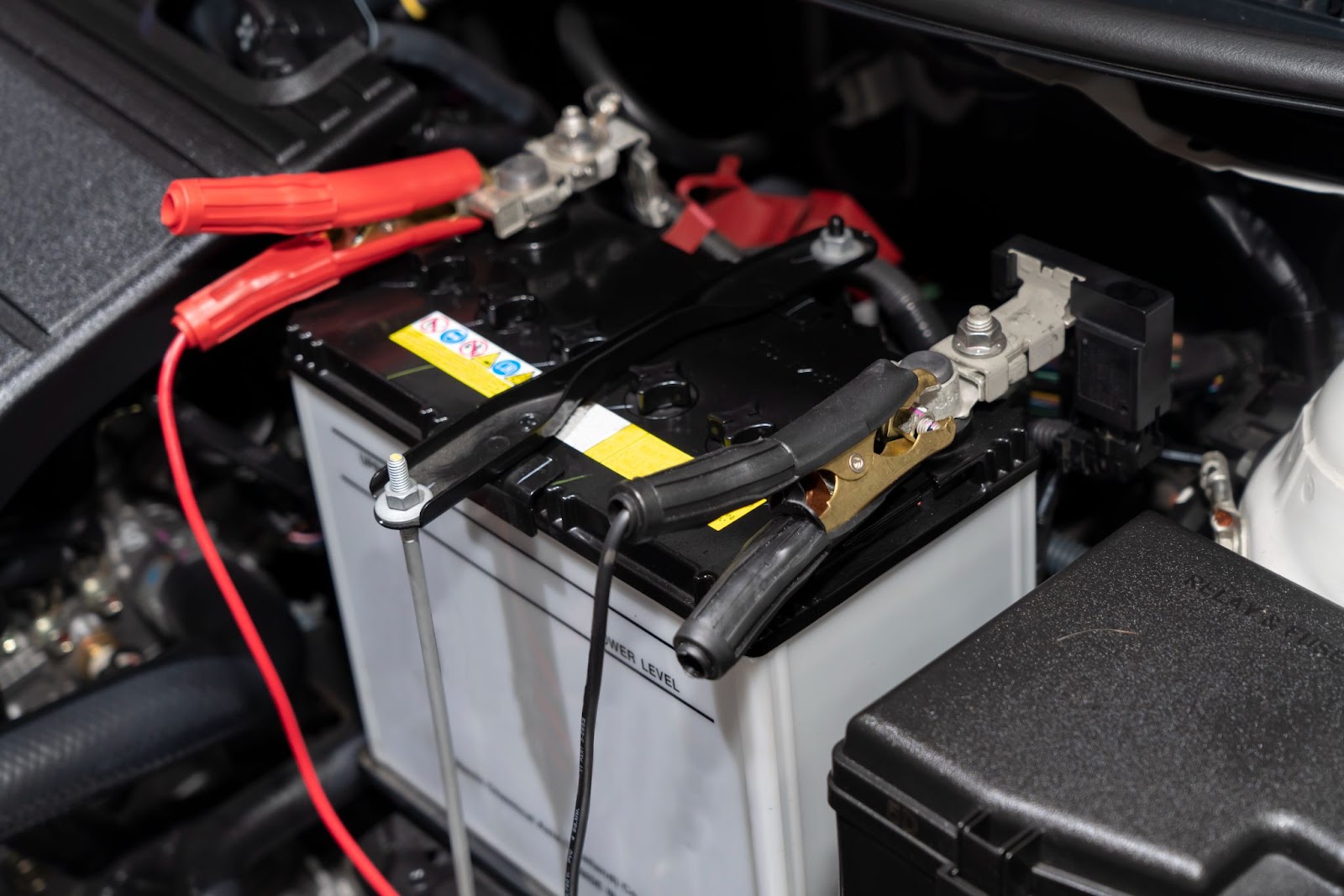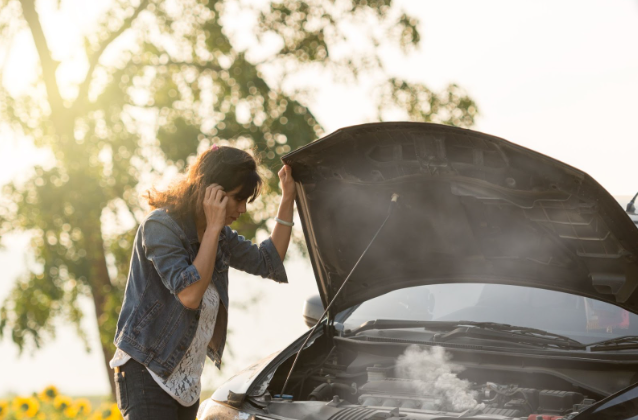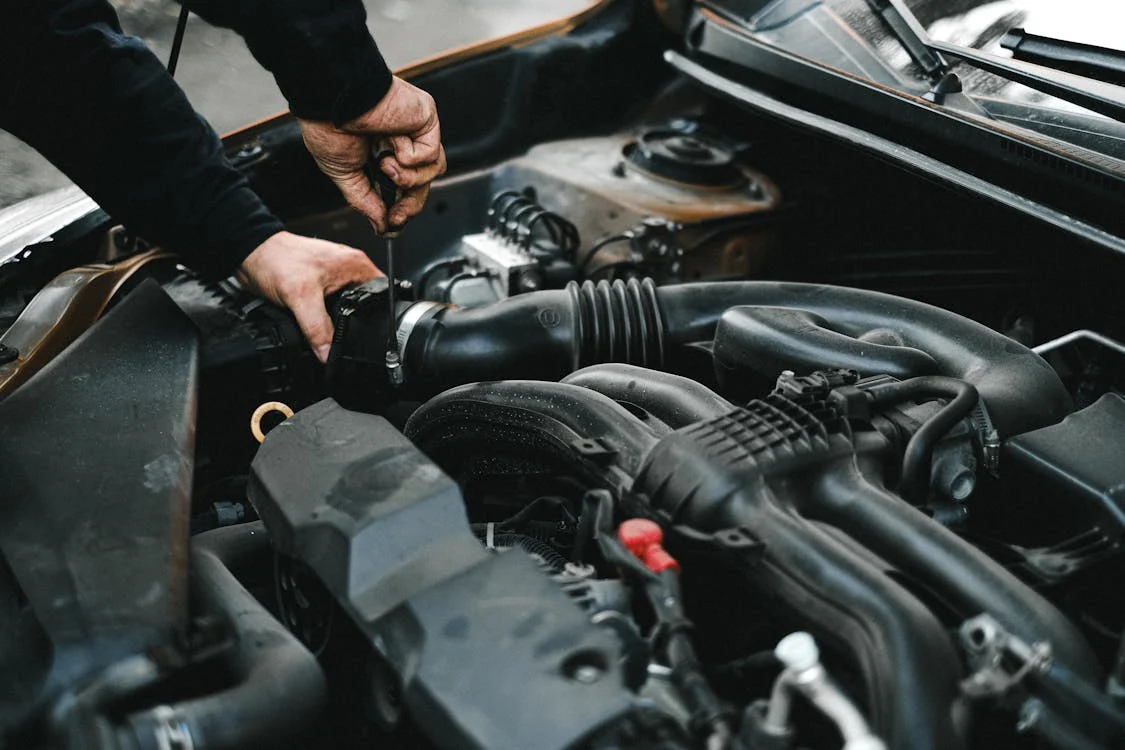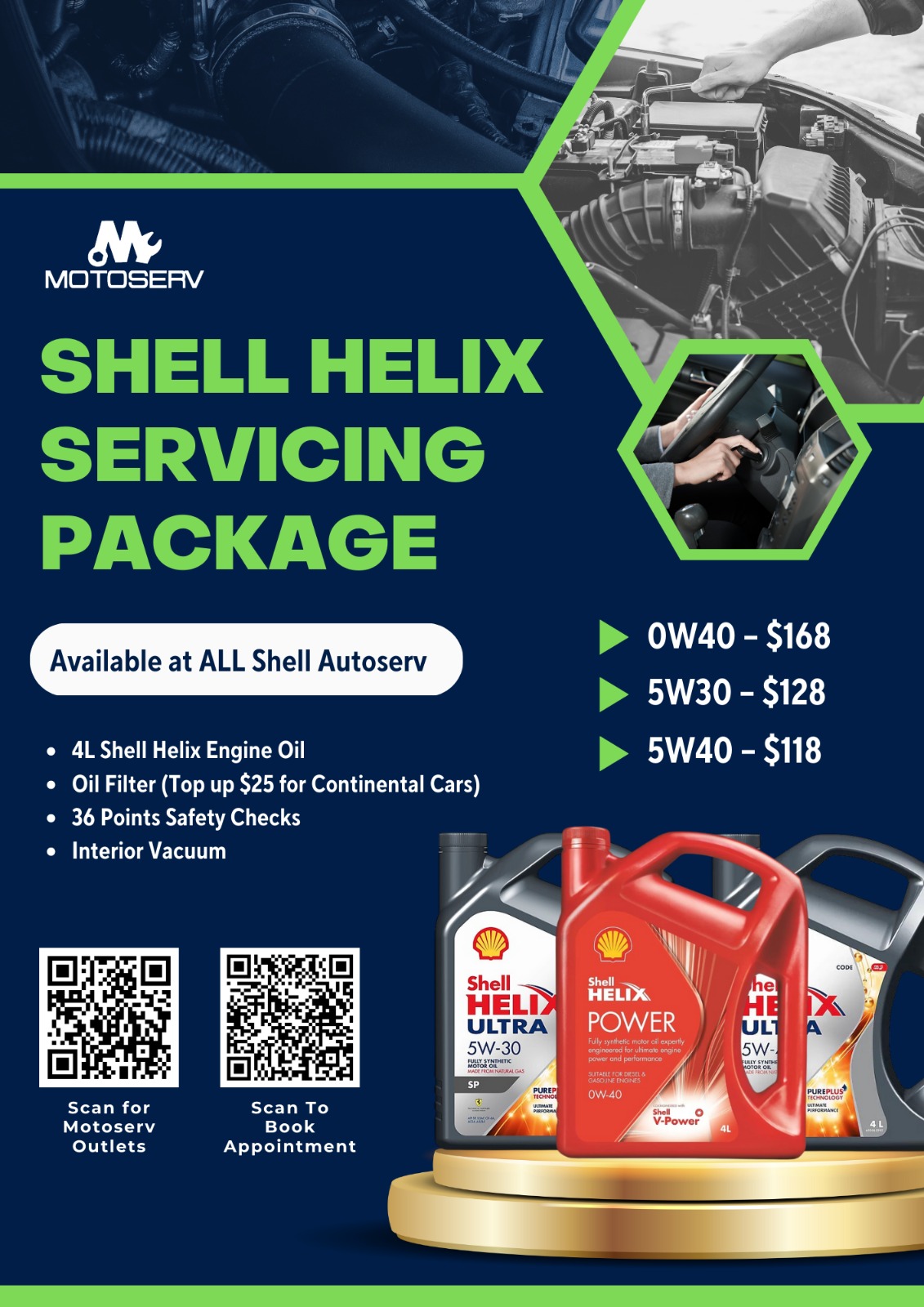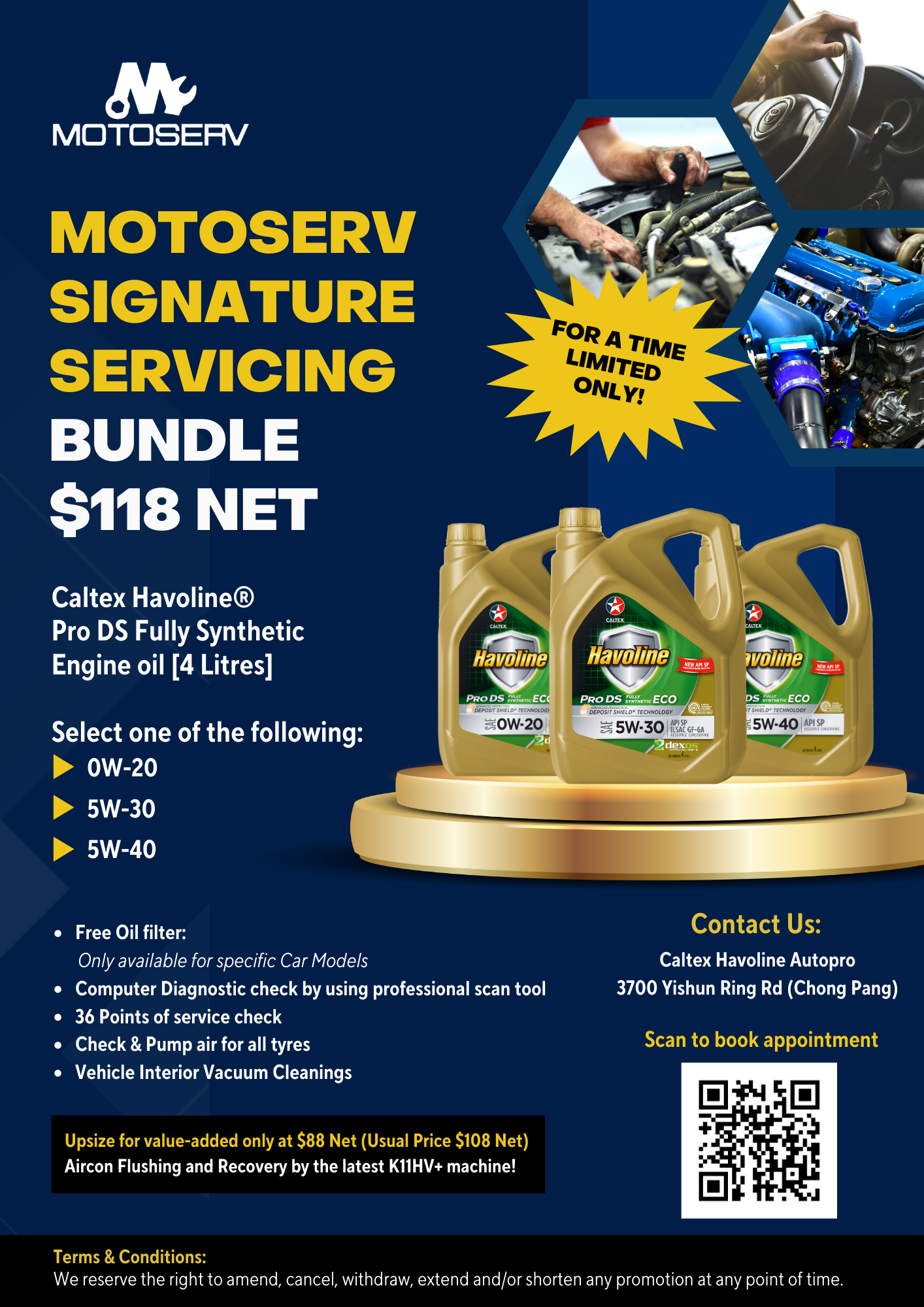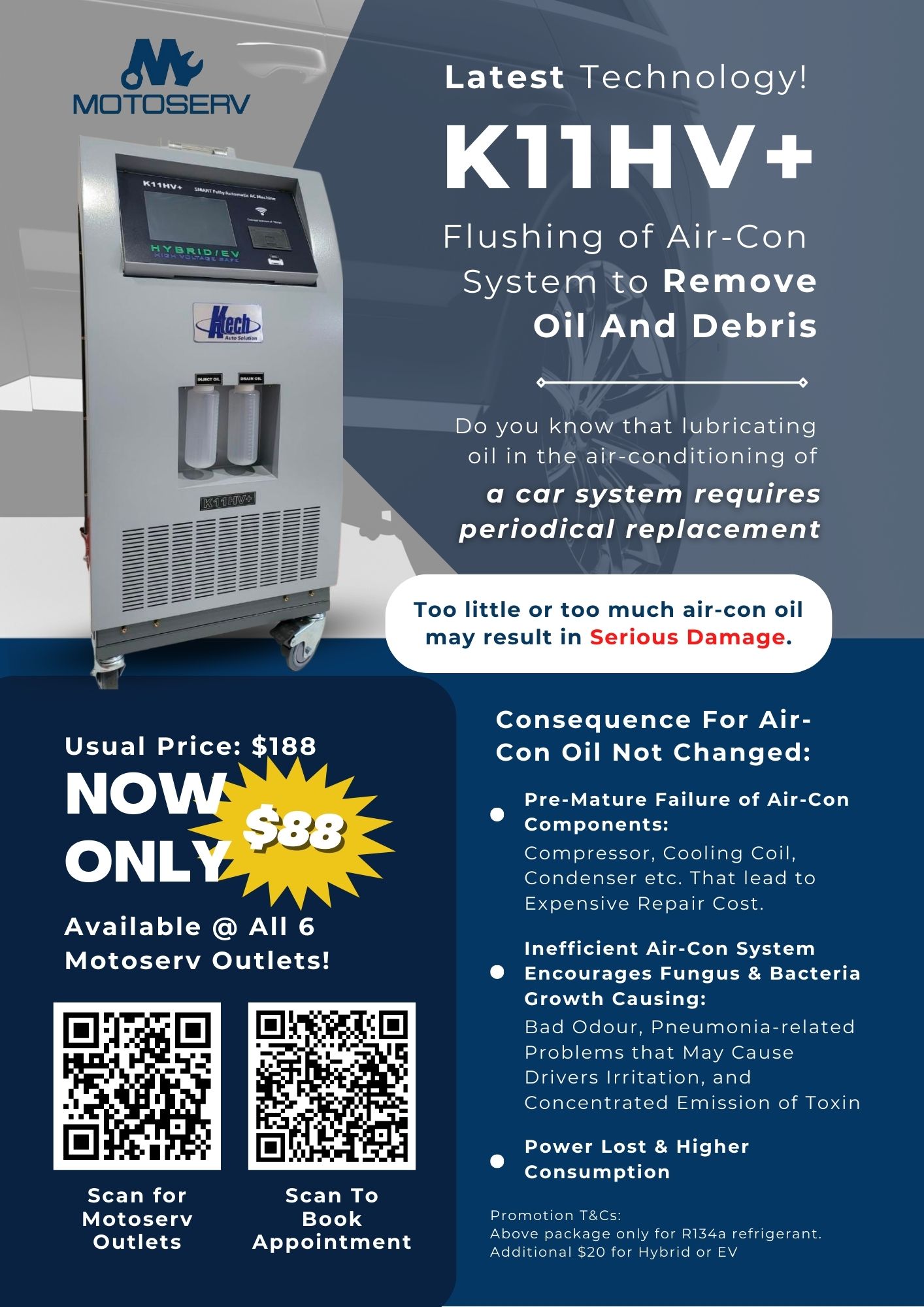What’s the first thing you hear when igniting your engine? Is it a smooth whirring sound or a loud grinding noise? Whatever it may be, car noises are telltale signs of your car’s condition. Smooth whirs indicate a healthy engine, while loud grinding noises signal the opposite.
But that’s only the tip of the iceberg (or hood) when it comes to car noises. There’s a ton of different noises and they all correspond to specific parts of your car. Here’s everything you need to know:
Common Car Noises and What They Mean

Knocking or Tapping from the Engine
Knocking or tapping from the engine could be linked to low engine oil, worn spark plugs or an engine misfire. This usually happens deep within the engine, especially when parts aren’t lubricated properly. Sometimes, a simple oil top up can solve the problem.
If the noise still lingers, it could signal bigger issues like faulty fuel injectors or timing belt problems. Leaving it unchecked can even lead to more serious damages like engine failure.
Squealing from the Brakes
A high-pitched squeal when pressing the brakes is usually the first warning sign that your brake pads are worn down. The sound comes from the built-in wear indicator rubbing against the brake rotors.
If you ignore the squealing, it can progress to a grinding noise. This means the pads are completely gone and the metal is cutting directly into the rotors. Not only does this damage your brake system, but it also reduces your stopping power.
Grinding While Driving
A grinding noise while driving is commonly caused by worn wheel bearings. This creates fiction that makes your ride feel rough. Another culprit could be the transmission struggling to shift gears, especially if the grinding happens when accelerating.
If left unchecked, worn bearings can affect your steering and stability, while transmission problems can leave you stranded on the road.
In more severe cases, the grinding may even come from metal-on-metal contact in your brake system, which means the pads and rotors are completely worn out.
Rattling Underneath the Car
Hearing a rattling sound from underneath your car is often linked to the exhaust system. A loose exhaust pipe or damaged muffler can all create that metallic clinking noise, especially when driving over bumps.
In some cases, a failing catalytic converter could also be the source. While rattling might seem harmless at first, it can quickly get worse. A loose component under the car can break off, causing further damage or even safety risks while driving.
Whistling or Humming at High Speeds
A whistling sound while driving at higher speeds is often caused by air sneaking through worn door seals or poorly fitted windows. It’s more of an annoyance than a danger, but it can make long drives uncomfortable.
On the other hand, a deep humming noise that grows louder the faster you go could be a sign of faulty struts or even a power steering pump failure. These parts are directly tied to your car’s suspension system and handling.
If they start failing, you’ll feel every bump in the road which can make driving uncomfortable.
Clicking or Popping When Turning
Clicking or popping noises when making turns are usually linked to your suspension system or CV joints. These parts transfer power to the wheels and keep your ride stable. When they wear out, you’ll often hear the noise most during sharp turns.
If ignored, the problem can worsen and eventually lead to a joint snapping, which could leave your car unable to drive properly. In some cases, the sound might also come from loose struts or other suspension components that need tightening or replacement.
Why Do Car Noises Happen in the First Place?

Car noises happen because different parts of your vehicle wear down or loosen over time. Every sound is essentially your car’s way of communicating what’s wrong. For example, the engine may knock when it’s low on oil or the brake pads squeal when they’re thick.
Other noises like humming or popping, usually come from moving components such as the wheel bearings or suspension system. All these parts deal with constant fiction and stress, so it’s natural for them to eventually make noises.
It’s also worth noting that not all car noises signal a major breakdown. Sometimes it’s something minor, like air sneaking past worn door seals or a loose serpentine belt making a squeal. The key is recognising when a noise is harmless versus when it’s a sign of a bigger issue.
How to Deal With Car Noises
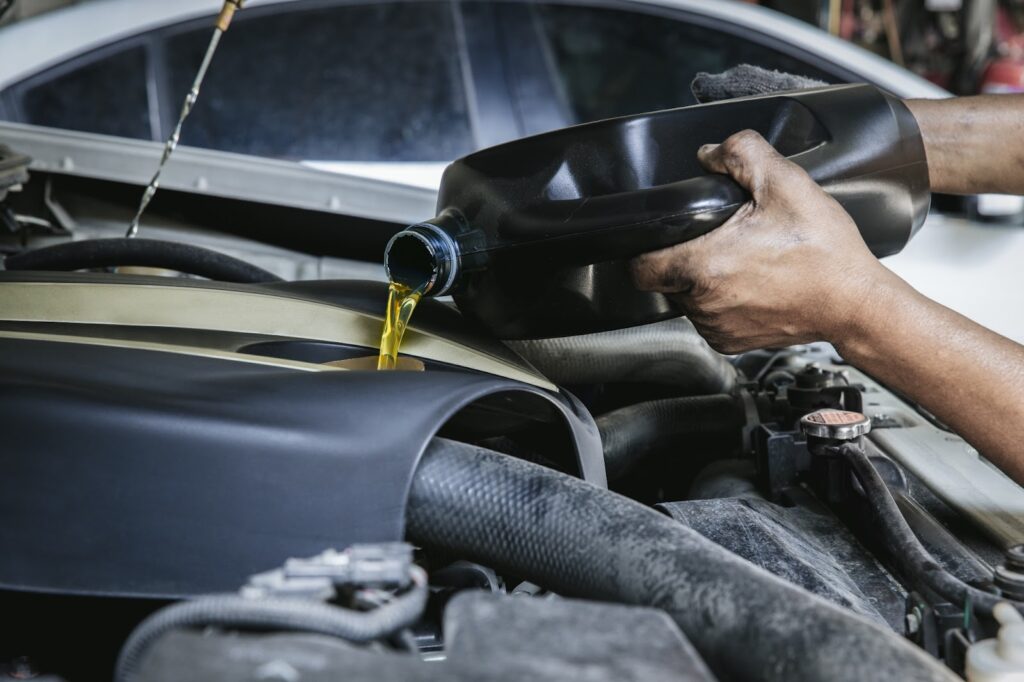
Listen Closely
Try and pinpoint when the noise happens. It could be during acceleration, braking, turning or idling. The timing of the sound often gives clues about where the noise is coming from.
Check the Basics
Start with simple checks like looking at your oil levels or inspecting the brake pads. Sometimes, topping up engine oil or cleaning out dust from the brake systems can solve the problem.
Don’t Ignore Persistent Noises
If the sound persists, it’s best to get it checked sooner rather than later. Minor problems can escalate into major, more expensive problems down the road.
Use Vehicle Diagnostics
Modern cars often come with built-in diagnostic systems that can flag issues before they worsen. If your car has a warning light along with the noise, that’s a clear sign to take it seriously.
Visit Your Workshop
Paying a visit to your local car repair shop is the safest bet. Mechanics can identify whether it’s something minor like a loose muffler or something major like transmission failure.
Preventing Unwanted Car Noises
Being proactive through proper car care can help prevent unwanted car noises. This means driving on the road responsibly and sending your car for maintenance when necessary. Driving responsibly will reduce wear and tear, while regular maintenance keeps your car in tip top shape.
It’s also important to pay attention to small warning signs before they turn into bigger problems. This includes replacing brake pads or topping up engine oil when necessary.
At the end of the day, car noises are your vehicle’s way of speaking to you—so remember to listen closely.
Contact us to find out more!


